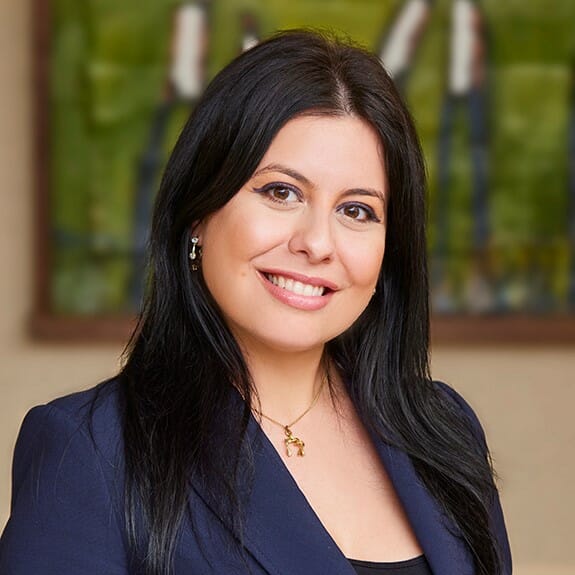Tens of thousands of California workers are employed in the fast food industry. A bill under consideration by the state legislature would significantly alter the relationship between fast food franchisors and franchisees when it comes to employment practices of the franchisees. The bill would express the legislature’s findings that “[t]he fast food restaurant industry has long been rampant with employment law violations,” and that “[f]ranchisee-owned fast food restaurants experience systematically higher levels of noncompliance … than do comparable establishments owned and managed by the franchisor.” The proposed legislation is intended to incentivize franchisors in the fast food industry to “do their part to ensure and enable compliance with employment laws in their franchised stores, and ensure that harmed individuals can receive a full recovery” for violations of California law.
If signed into law, Assembly Bill 1228 (the “Fast Food Franchisor Responsibility Act”) would add to the Labor Code Section 2810.9, making covered fast food franchisors jointly responsible (with the franchisee) for the franchisee’s violations of specified laws, rules, and regulations. For example, the franchisor would share liability for violations of the state’s Fair Employment and Housing Act (Gov’t Code § 12940, et seq.), the Unfair Competition Law (Bus. & Prof. Code § 17200, et seq.), and violations of multiple Labor Code sections (including those relating to payment of wages and overtime and entitlements to meal breaks). The Act also would impose liability on franchisors for violations of orders issued by the Governor, a county, or a municipality regarding employment standards, worker health and safety, or public health and safety. The Act would apply to fast food restaurants that are part of a chain of 100+ establishments nationwide.
Franchisors would not be able to contract around this expansion of liability. As drafted, AB 1228 would render an agreement by a franchisee to indemnify the franchisor for liability under Section 2810.9 “void and unenforceable.” On the other hand, the bill would create a safe harbor for franchisors who quickly “cure” alleged violations and make the affected employees “whole.” No civil could be commenced until at least 30 days after the employee gives the franchisor written notice of the alleged violations. The bill anticipates that the “cure period” would give franchisors time to ensure the franchisee becomes compliant (franchisors may in some circumstances request another 30 days “to complete an investigation”).
AB 1228 would enable employees to sue both the franchisor and franchisee in the event of an infraction. The bill also would permit administrative enforcement actions against franchisors.
Kate LaQuay, Sahar Shiralian, and Schuyler Corbin are residents in Munck Wilson’s Los Angeles office.
Munck Wilson Mandala is a full-service law firm known for its accomplished teams that represent clients in employment counseling and litigation. The firm has offices in Texas, California, and Florida, and represents clients from start-ups to Fortune 50 companies. Learn more about the firm at http:/www.munckwilson.com.

